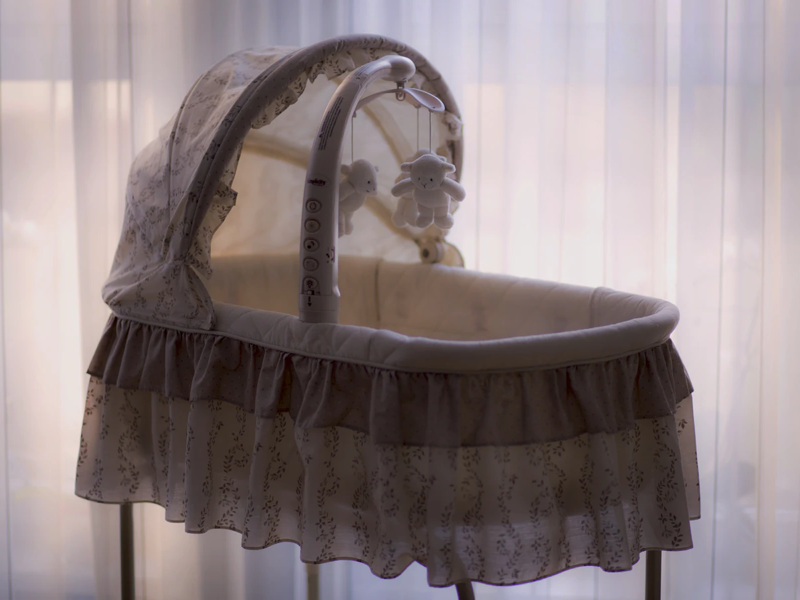Everything pregnant women need to know about herpes
14 Feb. 2022
Updated: 30 Mar. 2023
Verified by

Sara Dellner
Midwife
You may also be interested in
-

8 tips for getting into labour
In the final stages of pregnancy, it can feel like time is moving at a snail's pace and the longing for baby is immense. So it's perhaps not surprising that there are a plethora of housewife tricks to get you into labour (even though... -

7 sure signs that birth is near
The third trimester is tough in many ways, not least when it comes to patience. The uncertainty of when you will meet the little guy is very challenging! The truth is that we don't know why childbirth starts or exactly when,... -

Getting your child to sleep in their own bed
How do you get your baby to fall asleep, not wake up at night and when is it time for your baby to sleep in their own bed? Baby Journey tells you how to get your baby to sleep in their own bed! There are different... -

Guide: how to take out pregnancy insurance
Sponsored by Länsförsäkringar Taking out pregnancy insurance is something all pregnant women should do! And preferably as early as possible in the pregnancy as it must be taken out in order to be entitled to compensation if something unpredictable happens. Insurance can... -

Sex life after childbirth
Many pregnant women wonder when it is okay to have sex after giving birth. For some, it happens quickly and for others it takes longer. Having a baby is a big adjustment, and it is not at all uncommon for... -

Exercising after childbirth: trimester four
When you decide to start exercising after giving birth is entirely up to you. Recovery after pregnancy and childbirth is highly individual! Before you take the step to start activating your body again, it can be good to define what is meant... -

Everything you need to know about buckwheat
Are you ready to give birth? A bucket sweep is a way to help your body speed up the start of your labor - in a completely natural way! Is it really possible, you might ask? It is, but you will need to... -

What is pelvic pain? - All about pelvic pain
Pelvic pain during pregnancy is a common occurrence. When healthcare professionals talk about pelvic pain, they refer to it as pelvic pain or pelvic floor pain. So, what does laminitis feel like? When you're pregnant, your body's joints become more mobile, which is... -

Pelvic floor exercise for pregnant women - Good exercises
Have you experienced pelvic pain during your pregnancy? Pelvic pain is common but can be very painful and prevent you from living a normal life. However, there are exercises and pelvic floor exercises that can help relieve your pelvic pain during pregnancy... -

High blood pressure = Hypertension
During pregnancy, there is a risk of high blood pressure and organ damage, known as pre-eclampsia. In this article, we review and describe what preeclampsia is. High blood pressure (hypertension) during pregnancy occurs in Sweden in about eight...









